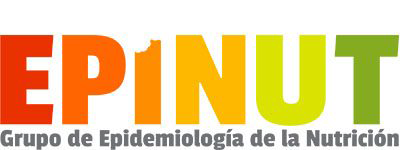DESCRIPTION
PANESOES was a case-control study of pancreatic, esophageal and stomach cancer carried out between 1994-1999.
This research is framed in the context of a hospital-based prospective case-control study, designed and coordinated by Dr. Jesús Vioque (Dept. of Public Health, Univ. Miguel Hernandez de Elche-Alicante); whose main objective was to evaluate the role of diet and certain lifestyles in relation to cancers of the pancreas, esophagus and stomach (PANESOES Study).
The field work was carried out between January 1995 and January 1999.
METHODOLOGY
The participants in this study were men and women, between 30 and 80 years of age living in Alicante or Valencia, who were hospitalized between January 1995 and January 1999 in one of the 9 participating hospitals: General Hospital, Clinical Hospital of San Juan , Hospital of Elche and Regional Hospital of the Vega Baja, in the province of Alicante. And the University Clinical Hospital, La Fe Hospital, Dr. Peset Hospital, Arnau de Vilanova Hospital and General Hospital, in the province of Valencia.
The subjects participating in the study were given a Food Frequency Questionnaire (CFA) of 93 items in which they were asked about their frequency of habitual consumption of these foods and the rations consumed. The CFA referred to the food consumption of the year after the interview. Questionnaire
RESULTS
The consumption of alcohol and tobacco are strong risk factors for esophageal cancer.
Alcohol is a potent risk factor with a clear dose-response relationship. In comparison with non-drinkers, the risk of those who drank the most (> or = 75 g / day of pure ethanol) was 7.65. With respect to tobacco and compared to non-smokers, the risk for smokers (> or = 30 cigarettes / day) was 5.07 for esophageal cancer.
A low consumption of wine alone and / or beer (1-24 g / d) did not increase the risk of cancer, while there was a positive trend in all types of alcoholic beverages that combined liquors with beer or wine.
Black tobacco smokers had 2.5 times more risk of suffering from this type of cancer than those who smoked blond.
Other results support the hypothesis that exocrine pancreatic cancer exposure to specific components of the diet or contaminants may influence the appearance or persistence of K-ras mutations.
To see the publications related to this study, click here

 Español
Español